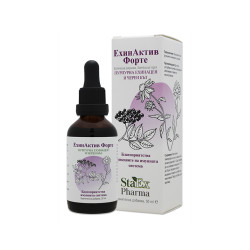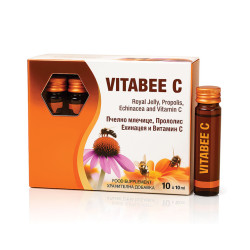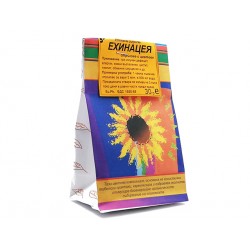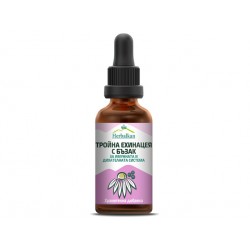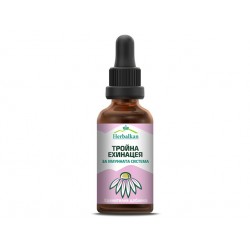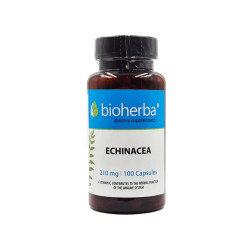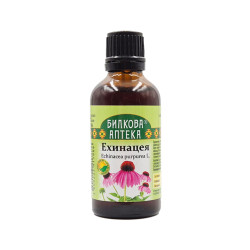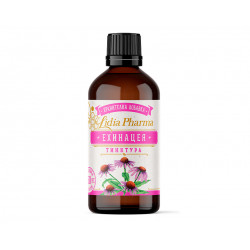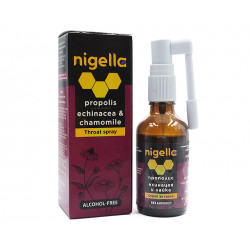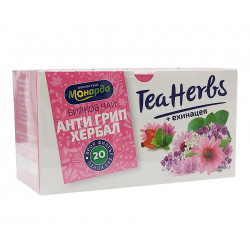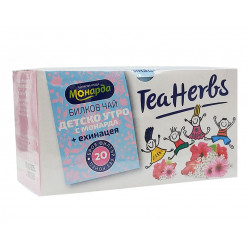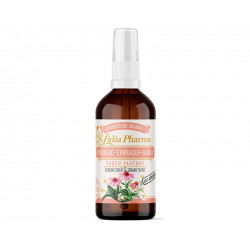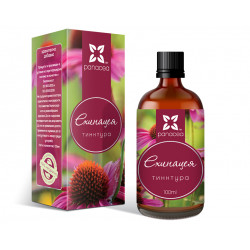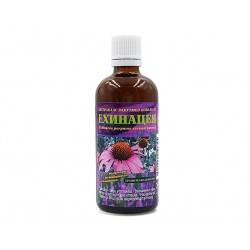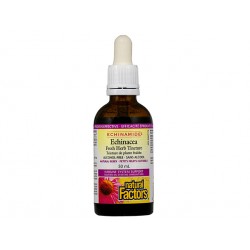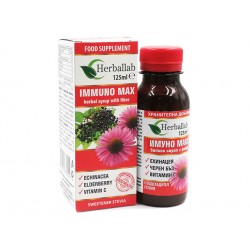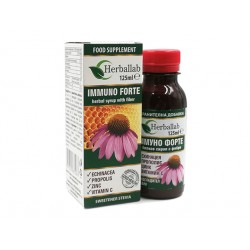What is Echinacea?
Echinacea is a perennial plant from the Asteraceae family. The Echinacea genus includes nine species of plants, the most popular of which is Echinacea Purpurea. The plant is native to North America and was brought to Europe after colonization. In the American steppes, it was one of the most popular medicinal plants in traditional Native American medicine. Today, Echinacea enjoys widespread popularity among both the US and EU residents.
The plant contains some rare, still little-studied substances unique to the Echinacea genus. Among them are: echinacene, echinolone, echinacoside, echinacin B, echinacein.
The traditional intake of Echinacea (purpurea) extract decoctions is associated with the prevention and relief of infections and inflammations of the upper respiratory tract, and in particular, the herb is used in the treatment of colds and flu.
Proven effect of taking Echinacea:
- Immunostimulator: In general, extracts from plants in the genus Echinacea /mainly purpurea and pallida/ have an immune system activating effect. They affect the activity of the production of immune T-cells and increase the tendency of lymphocytes to phagocytize ("eat") bacteria.
- Antiviral and antibiotic effect: The reason for the antibiotic effect of the plant is echinacoside, whose power is compared to that of penicillin. Echinacein, in turn, blocks the action of the enzyme hyaluronidase, with the help of which bacteria penetrate the tissues.
- Anti-inflammatory activity: Echinacea extracts have an anti-inflammatory and epithelotonic-regenerative effect, accelerating the healing of wounds, burns, and other skin damage. This is explained by the fact that the enzyme hyaluronidase is suppressed.
Echinacea supports the structure and integrity of connective tissue, stimulates fibroblasts and, like corticosteroids, stimulates the secretion of adrenal hormones.
New properties of the Echinacea plant have been discovered, which allow it to be used as an effective remedy for colds. Specialists claim that the prophylactic application of echinacea can reduce the risk of rhinitis by 58%, and its application during an illness reduces its duration by half.
American pharmacists, quoted by USA Today, state that echinacea not only increases immunity, but in combination with vitamin C, the plant can reduce the risk of colds by 86%.
In addition, the echinacea of medicine is known to have a positive effect on coughs and headaches.
Echinacea also has a beneficial effect on chronic hepatitis, chronic bronchitis, chronic pyelonephritis, sinusitis, and many other viral diseases, such as recurrent herpes infection, which are difficult to treat and cannot be treated with modern conventional means.
Studies have shown that Echinacea is able to resist more than 200 different viruses.
When taken orally, Echinacea is generally considered safe. However, hypersensitivity reactions have been observed.
In what doses and how is it taken?
For a dry powder extract with an echinocoside content of 6.5:1 or 3.5%, between 150 to 300 mg should be taken up to three times a day. Reception by children under 2 years of age must be carried out under medical supervision.
You can find Echinacea extract on the label of complex immunostimulators, find it in the form of tea, lollipops, liquid extract, and less often, in a stand-alone tablet form. Liquid forms are considered the most effective because they are absorbed already in the oral cavity and act directly and through the mucous membrane.
Echinacea also has a beneficial effect on chronic hepatitis, chronic bronchitis, chronic pyelonephritis, sinusitis, and many other viral diseases, such as recurrent herpes infection, which are difficult to treat and cannot be treated with modern conventional means.
The article is informative and does not replace consultation with a specialist!




